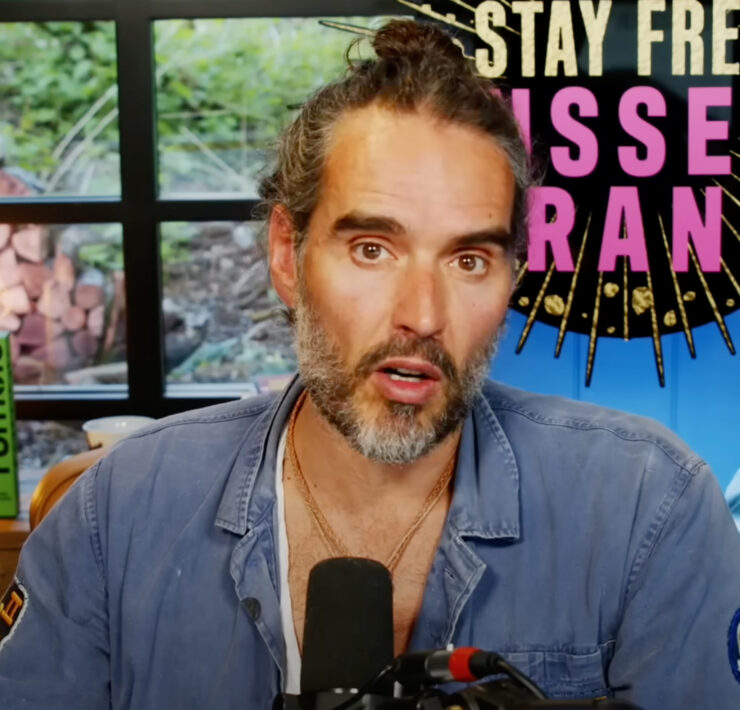
As peak fall season departs, the Southeast United States faces significant drought conditions. Multi-colored leaves are extra crispy under foot, and dry conditions led to burning bans. In upstate South Carolina, where I live, we could see and smell the smoke drifting over our neighborhoods and our city, reminding us of those who faced evacuations further north and over 35,000 acres burning in the mountains of western North Carolina.
It reminds me of living in Southern Oregon, where wildfires and their smoky pink clouds were natural as the cycle of seasons—dry summer drifting into fall. Western forest fires were usually started by lightning strikes up in the mountains. Little sparks catch a dry patch of dry leaves or twigs, then fallen trees and on to old forest growth. Aided by dry grasses, the flames spread acre to acre, mile to mile until whole mountainsides are lit up in orange.
Sometimes that’s a picture of our lives.
Seasons of pressure and stress dry us out, draining energy and optimism. We tough it out through rugged conflicts, but every so often, a spark finds the kindling it seeks. We may see the glow from afar, but soon enough the fire creeps to the borders of the path we walk.
You’ve faced it, too.
Some challenge or failure seems to threaten the trajectory of your life. It’s inevitable we’ll experience this sort of tension, and maybe we’re meant to find ourselves in a crucible all our own, to see what we’re made of in the heat of the moment.
Fire was the means of destruction Hananiah, Mishael, and Azariah faced in the Bible’s account of the prophet Daniel and his fellow Hebrew exiles in a dangerous world (Daniel 3). Rather than concede their belief in and exclusive worship of the God of their fathers, they rejected Babylonian King Nebuchadnezzar’s order to worship his statue.
They may have been given the Babylonian names Shadrach, Meshach and Abednego to force their assimilation into pagan idolatry culture, but they knew their true identities. Their punishment for disobeying was death in a fiery furnace—a public consequence of rebellion against the empire.
The three conscientious objectors spoke to their captors, defying the empire’s violent threats and declaring their confidence in God’s protection. But even if they weren’t saved from death in the fires, they would not succumb to the pressure of Babylon’s idol worship. Then they were thrown into the flames. All seemed lost; death, imminent.
In a miraculous turn of the story, they didn’t die.
They emerged from the fires, alive and unharmed. The image of another being was seen in the furnace with them, too. Scholars believe the fourth figure was Jesus, “like a son of the gods,” who met Hananiah, Mishael, and Azariah in their most desperate moment and stayed by their side when no one else did (Daniel 3:25 NIV).
Like those three men, we walk through fires—not literal fires, but metaphorical dangers threaten the course of our lives when we risk, resist, and refuse to give in. Can anything good come from the struggles in our lives? Do these destructive flames do anything but ruin the comfortable habitat and beauty that once stood before us?
Conflict is unavoidable. When we face these struggles, we find what we really cling to.
Conflict in our lives reveals and refines. We let go of what we don’t need and focus on the essentials that matter to who we are and the person we want to become.
Amidst the difficulties and the pain, God meets us. He doesn’t do so to watch us suffer, but joins in our suffering with divine empathy. He does not abandon us when we pass through the flames that threaten us. He walks with His people through the uncertainty and the heat of pressure. The seeds of hope endure the flames of adversity, and something new emerges from them.
Conflict creates vulnerability.
When fire clears out the old, dry brush and timber, it leaves soil exposed. The land becomes soft and ready for the seeds of evergreen pine cones to germinate and begin a whole new process of growth. The fire created the right conditions for the forest to be exposed to new stimuli and a new direction it otherwise would’ve missed.
Whether it’s unexpected fights with our friends or spouses, sudden changes in employment, or a devastating tragedy, conflict often catches us by surprise. In those moments when we realize that our current way of operating won’t sustain us in the midst of a new challenge, we become vulnerable—honest about our weaknesses, and open to perspectives and solutions beyond ourselves. We reconsider who God is, what our life is about, and what we must do to take the next step. It gives us compassion for others in a similar situation or deepens our commitment to love someone through disagreements.
Conflict jumpstarts transformation.
The chemical reactions of fire fundamentally change every living thing touched by flame and heat. It’s not just that things look different outwardly—things are different beneath the surface, too.
When we endure a conflict, we can’t stay the same. We rise to the occasion or succumb to the force we fight against. That places us in a state of flux, where our willingness to grow and change will decide whether we fail and stay stuck or we make progress through the conflict. Our internal resolve is challenged and our perspective is forced to adapt for our survival. To be resilient is to keep on facing the unbearable conflicts in life without giving up. You press on, despite the resistance. And greater resistance usually signifies greater reward.
Conflict brings renewal.
Years and years after wildfires sweep through the wilderness, tiny little seeds are released and sprout in the newly fertile soil. Young bushes and trees grow, and grasses spread again in areas that were once dominated by old, dead growth.
Conflict removes the old and makes room for the new. So many of our assumptions and beliefs and relationships are based on something old and rotten, decaying our spirits from the inside out. Facing conflict burns down those old ways, giving space for something young, new, and stronger to emerge. When it does, it grows taller and stronger than before. The forest flourishes because of the wildfires it survived.
If we want to experience that internal resurrection, emerging reborn in the next chapter of our lives, we must face the conflict and endure it.
We can’t ignore or run from it; we must pass through the fire.





















